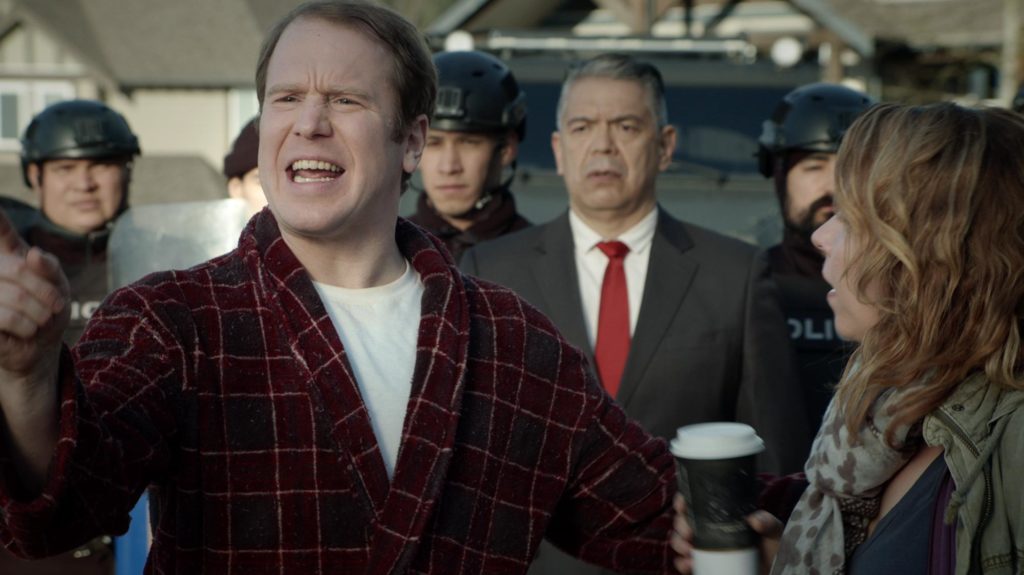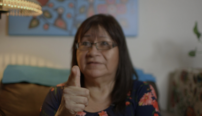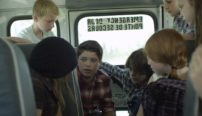
Over the years, there has been amazing films that come out of the Reelworld Film Festival that fits its mission.  This year we were quite impressed here on FERNTV with the short film No Reservations by director Trevor Carroll because of its comedic poke on the Dakota Pipeline construction.  Rather than having the film focus on the oppression of indigenous cultures through corporate interests, No Reservations turns the tables around where those interests lie in affluent societies.  Director Trevor Carroll makes light of the situation at hand but the message does get across to the audience rather quickly by having them wear the other shoe and see if it fits.  The shoe seems to fit awkawardly but Trevor Carroll raises the conversation of why should it be so awkward if the roles are reversed?  FERNTV spoke to director Trevor Carroll about the relevance of No Reservations.









